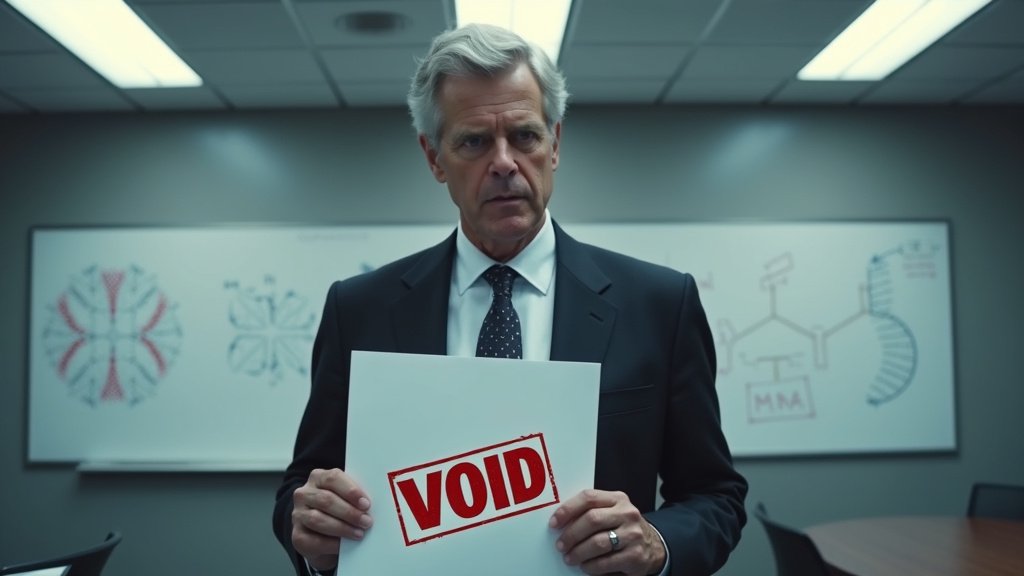WASHINGTON D.C. – In a significant move aimed at safeguarding the future of preventive healthcare guidelines, over 100 health organizations have united to send a urgent plea to leaders in the United States Senate and House of Representatives. Their collective message underscores the critical need to protect the United States Preventive Services Task Force (USPSTF).
This broad coalition, representing a diverse spectrum of medical and public health disciplines, has specifically outlined key elements they deem essential for the USPSTF to effectively maintain its vital function. The direct appeal to Capitol Hill follows a recent, abrupt decision by the U.S. Department of Health and Human Services (HHS) to postpone a scheduled USPSTF meeting.
The Catalyst: An Abrupt Postponement
The meeting in question, which had been firmly scheduled for July 10, 2025, was abruptly put on hold by HHS. This sudden action has generated considerable concern within the public health community, prompting the coordinated response from the more than 100 organizations. The postponed meeting was intended to delve into important public health matters, specifically addressing topics related to cardiovascular disease and exploring innovative strategies for child health. These areas represent significant public health challenges, and the USPSTF’s work is central to developing evidence-based recommendations for screening and prevention.
Understanding the USPSTF’s Vital Role
The United States Preventive Services Task Force is an independent panel of national experts in prevention and evidence-based medicine. Its primary role is to make recommendations about clinical preventive services, such as screenings, counseling services, and preventive medications. These recommendations are based on rigorous, systematic reviews of scientific evidence. The Affordable Care Act (ACA) mandates that most private health insurance plans cover preventive services with an ‘A’ or ‘B’ recommendation from the USPSTF without cost-sharing. This link to insurance coverage means the USPSTF’s work has a direct and substantial impact on access to critical preventive care for millions of Americans.
The independence of the USPSTF is widely considered crucial to its credibility and effectiveness. Its recommendations are intended to be driven purely by scientific evidence, free from political or undue external influence. This independence ensures that guidelines for preventive care, which can identify diseases early and improve health outcomes, are based on the best available science.
The Plea to Congressional Leaders
The coalition of health organizations, in their communication with Senate and House leaders, did not publicly detail every single ‘key element’ they are seeking to protect. However, the context of their appeal – following the HHS postponement – strongly suggests concerns about the task force’s operational independence, its ability to schedule and conduct meetings without interference, and the integrity of its evidence-based process. Their joint letter likely emphasizes the importance of allowing the USPSTF to carry out its mandate unimpeded, ensuring that its recommendations remain solely grounded in scientific evidence.
Protecting the USPSTF, according to these groups, is synonymous with protecting access to scientifically validated preventive services. Any action that could be perceived as undermining the task force’s autonomy or its evidence-based methodology could potentially jeopardize the development of crucial health guidelines and, consequently, access to care that relies on those guidelines.
Implications for Public Health
The abrupt postponement of the July 10, 2025 meeting raises questions about potential disruptions to the USPSTF’s ongoing work cycle. Given the specific topics slated for discussion – cardiovascular disease and child health strategies – delays could impact the timely development or updating of recommendations in these critical areas. Cardiovascular disease remains a leading cause of mortality, and effective preventive strategies, including screening and risk assessment, are vital. Similarly, innovative approaches to child health prevention are essential for setting the foundation for lifelong well-being. Any pause or uncertainty in the task force’s deliberations could have ripple effects on clinical practice and public health initiatives.
The unified voice of over 100 health organizations underscores the level of concern within the medical and public health communities regarding the USPSTF’s stability and autonomy. Their direct appeal to Congress highlights the view that legislative oversight and support are necessary to shield the task force from potential interference and ensure its continued ability to function effectively as a cornerstone of preventive healthcare in the United States.
As leaders in the Senate and House of Representatives consider the plea from this large group of health experts, the focus remains on ensuring that the process for establishing national preventive care guidelines remains robust, independent, and solely driven by the best available scientific evidence for the benefit of public health.











